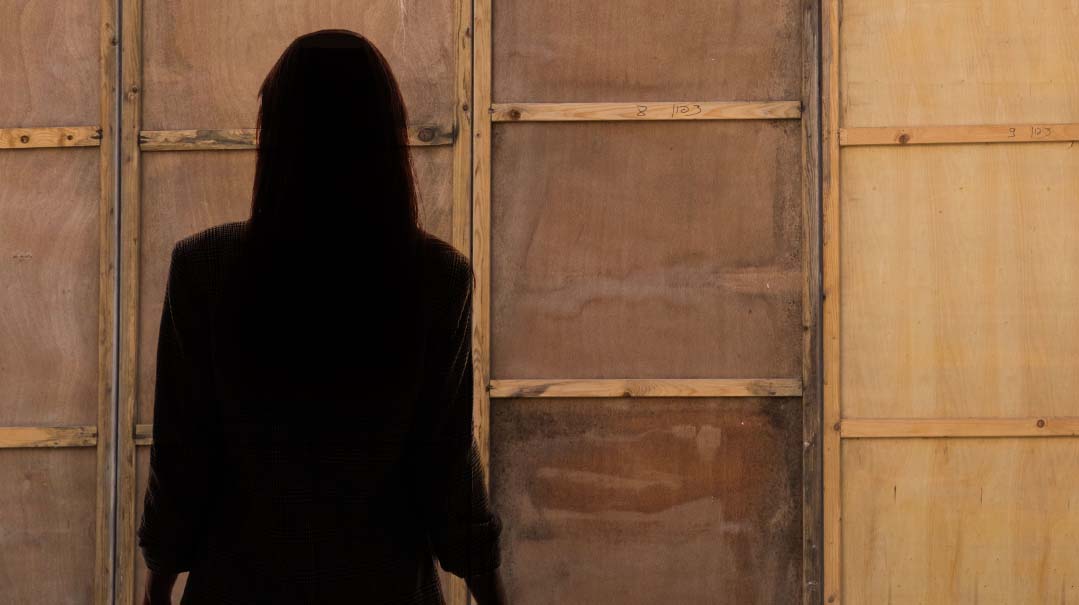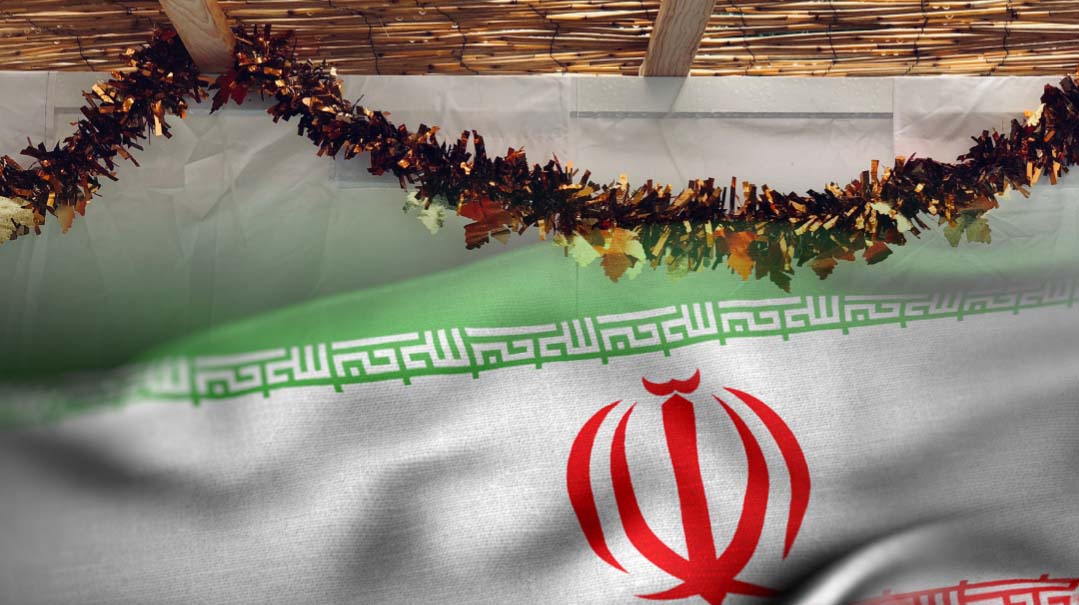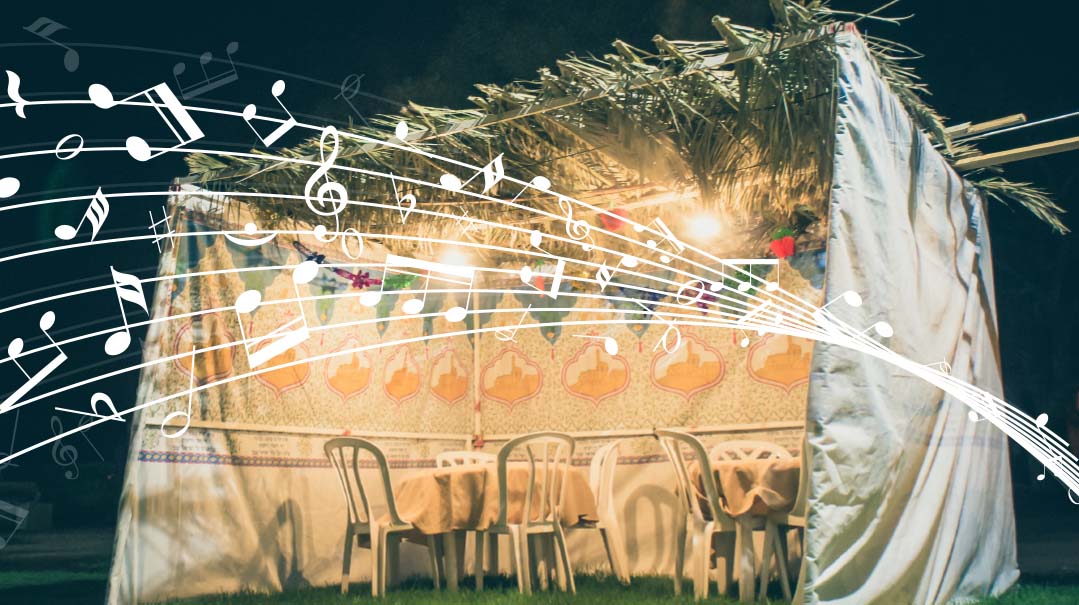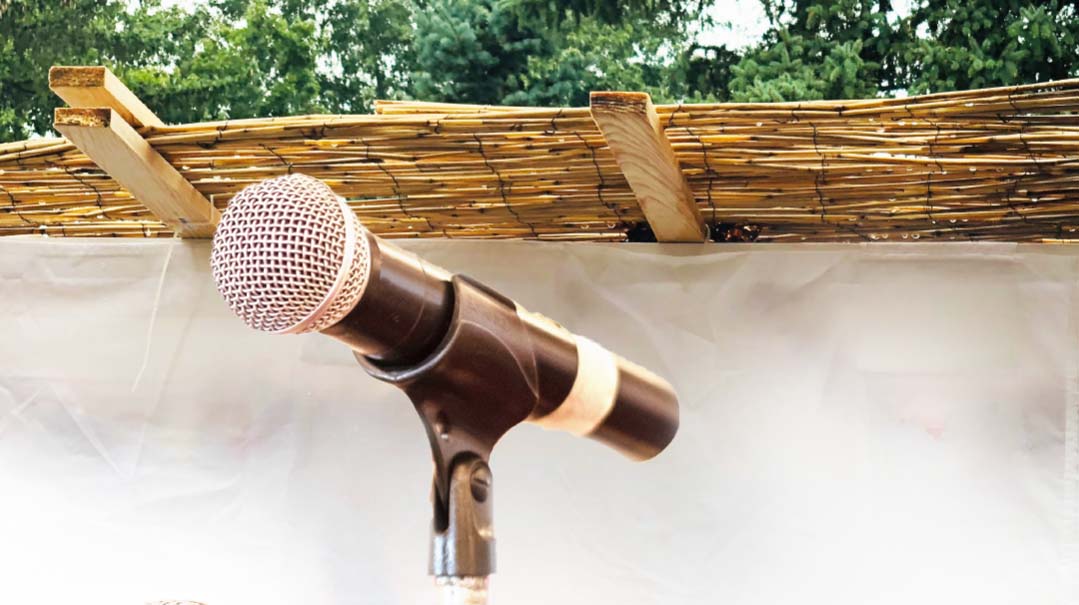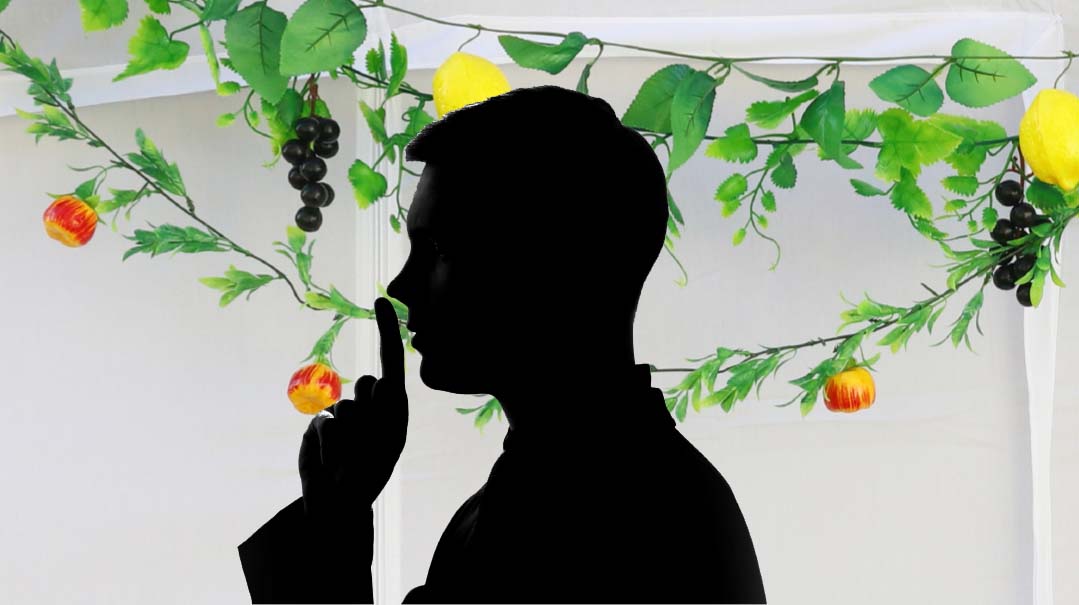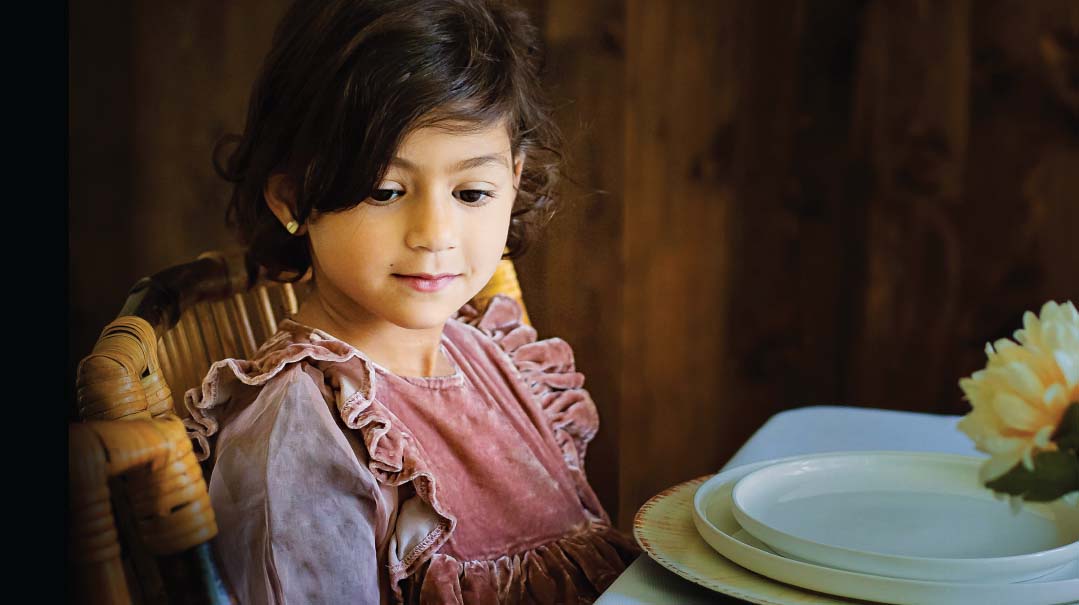Even in the Valley

That song keeps Malki going. She listens to it on repeat, the words of Dovid Hamelech providing solace
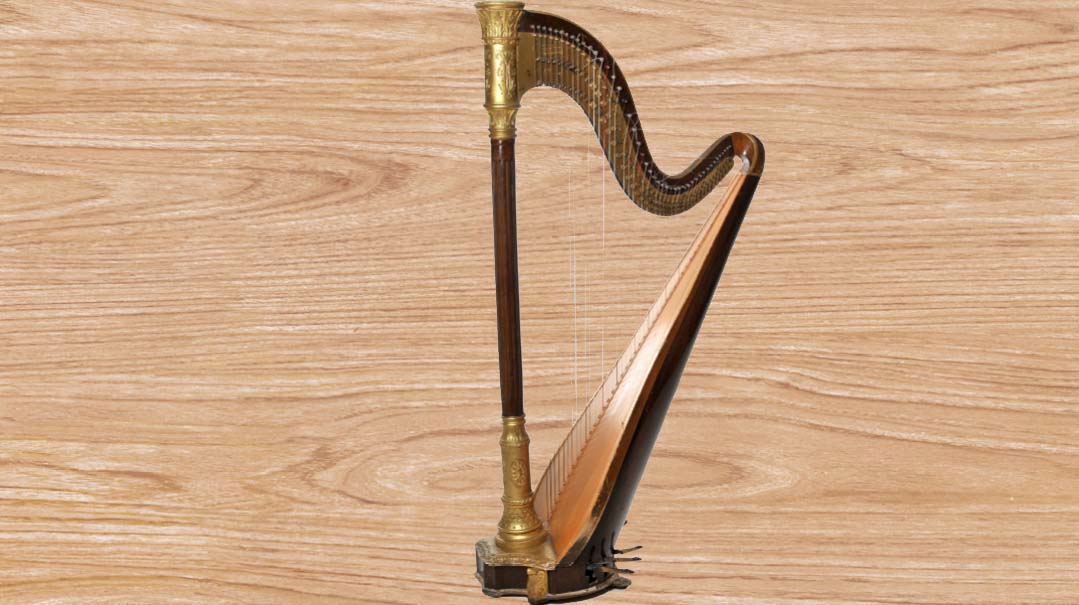
She’s a real fighter, my friend Malki.
I tear up when I see her message — back in the psych ward, again — a little sad emoji at the end, too bright, too yellow. In a moment I’m transported to an island, Malki’s island — a sea of pain that threatens to engulf the island, waves of fear, of grief, of sorrow. She’s been surrounded by this raging sea for years.
I’ve watched her as she battles the monster that is Depression, the monster that turns my sweet, talented friend into a danger to herself, and then an inpatient in one of the grimmest places on earth. The monster that left her saying in a broken, wooden voice that she has no room for Judaism and its rules anymore. She struggles to remain alive, and I ache as I feel what it must be to keep yourself living each day when the world is so dark.
I don’t want to visit her on that ward. Last time I went, I was shaken to the core. But she’s lonely, and I’m one of few who know where she is. So I take a deep breath, grab my car keys, and off I go.
I’m frisked as I walk through the double doors leading to the psych unit. A security guard records my name and gives me strict instructions to be less than half an hour. I’m already starting to get sucked into the vortex of inhumanity that is this place. Some nurses are nice; most are condescending and cold. It kills to watch.
I make my way through the noise of the common room toward my friend. I’m slurred at by a woman shaking like a jelly, get offered a million dollars by a wisp of a girl whose body looks too delicate to withstand existence.
Each step is a story, each person a world. It’s chaos. And there, in the midst of this all, is Malki. My musical friend has her cool Beats headphones on as she shades in a page of a coloring book at a small wooden table.
She sits, the crayons splayed out in front of her like so many opportunities. There’s something calm here. An oasis of sorts. I wonder how.
“Hi Malks! Nice picture!” I smile, catching her eye and noticing how pale she is. She’s pleased to see me, takes her headphones off, points at them wryly.
“I’m allowed to use them here, so at least I can tune out the racket in my head.” My heart twists.
“Well, it does look like it’s keeping you calm, which is great!” I say. In response, Malki starts to cry.
I’m shocked. What did I say that made her so distressed? Fine visitor you are, my inner critic snarls.
“It’s not you,” Malki explains, intuitive as ever. “It’s the track. Listen.”
I take the headphones, and a soft melody wafts out. It sounds oddly familiar; different from the heavy metal Malki usually favors. I try to place it: A young boy’s voice.
“Gam ki eilech b’gei tzalmaves…” It’s Mizmor l’Dovid, I realize. And now I’m crying, too.
“I thought Hashem hated me for what I’ve been doing,” Malki croaks. “I tried to end it. Life hurt too much. I’m not even keeping Shabbos anymore. I thought He had every reason to abandon me.” She gulps, and I silence the words of protest I want to utter as she continues: “Then someone sent me this song, and I remembered: Even here, He’s here, right by my side.”
That song keeps Malki going. She listens to it on repeat, the words of Dovid Hamelech providing solace through unspeakable horrors of the mind.
I leave the ward with wonder at how the age-old suffering and tribulations of a hunted man traversed thousands of years to touch another resilient spirit triumphing over adversity. Even in the valley of death.
(Originally featured in Family First, Issue 760)
Oops! We could not locate your form.

